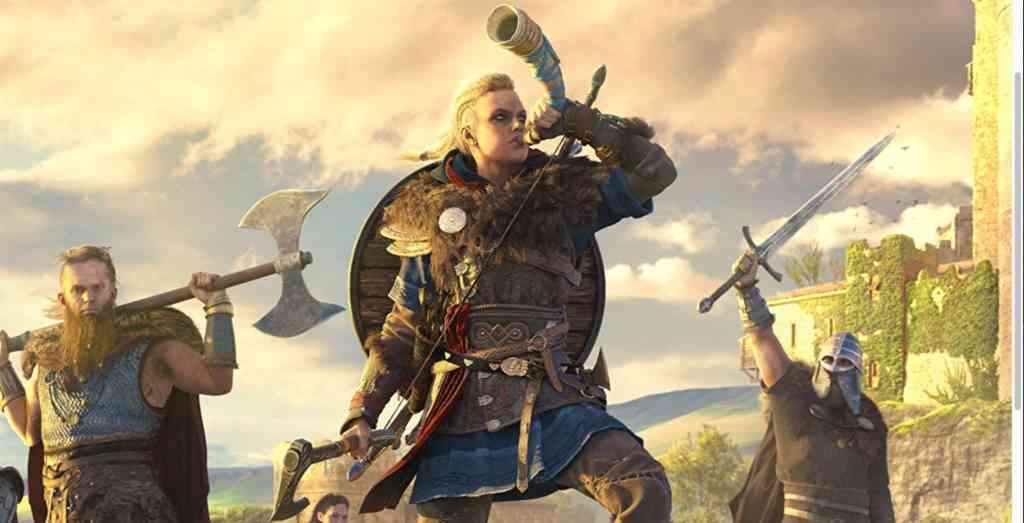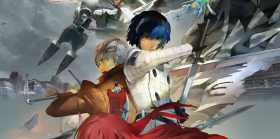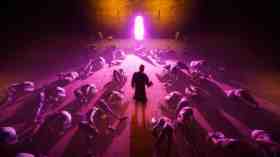Ubisoft has faced major backlash following the announcement of its brand new ‘Ubisoft Ghostwriter’ AI tool, which is designed to aid writers at its development studios by providing ‘first drafts’ of basic NPC dialogue to save time and drive efficiency. The tool is reportedly already being used in Ubisoft games, although which games have not been specified.
In a post on the Ubisoft blog, Ghostwriter was described as ‘alleviating one of the video game writer’s most laborious tasks: writing barks.’
‘Ghostwriter effectively generates first drafts of barks – phrases or sounds made by NPCs during a triggered event – which gives scriptwriters more time to polish the narrative elsewhere,’ the company said.
‘Ghostwriter is the result of conversations with narrative designers who revealed a challenge, one that Ben [Swanson, R&D Scientist at La Forge Montreal] identified could be solved with an AI tool. Crowd chatter and barks are central features of player immersion in games …. However, both require time and creative effort from scriptwriters that could be spent on other core plot items. Ghostwriter frees up that time, but still allows the scriptwriters a degree of creative control.’
Ghostwriter will reportedly allow writers to select and polish samples generated, which adds a layer of time-consuming editing to what should be simple work. In response to this development, many writers and creatives have taken to social media to criticise Ubisoft’s decision – and its proud, public announcement of using AI tools.
Some have actually pointed out that this technology will slow them down, as any AI-generated text requires strict monitoring and editing to ensure it’s of acceptable quality, and fit for purpose.
Read: High on Life uses AI art and voice acting
Alanah Pearce, writer at Sony Manta Monica Studio (God of War Ragnarok) said on Twitter, ‘As a writer, having to edit AI-generated scripts/dialogue sounds far more time-consuming than just writing my own temp lines. I would far prefer AAA studios use whatever budget it costs to make tools like this to instead hire more writers.’
‘I feel so sad and powerless,’ game developer Edd Coates said. ‘Don’t be fooled by their claims of “support”, this is exactly how it starts. They’re clearly testing the waters with the small stuff before rolling out more aggressive forms of AI. This work could have created a job for a Junior.’
Others have pointed out that implementation of Ubisoft Ghostwriter may not only lead to fewer and worse paying jobs in the games industry, should it become a prominent fixture of game design, it may also diminish the quality of game narratives, and lead to endless recycling of ideas and dialogue.
AI is, essentially, a remix of the sum of knowledge based on text that has already been written. The technology can iterate and reiterate ideas, but these only exist as a pale reflection of their human-generated predecessors.
We should want new ideas, and new creativity to thrive. Importantly – we should want writers to have jobs, particularly in times of tough economic conditions. While Ubisoft has positioned its Ghostwriter AI tool as an aid to reduce menial, ‘repetitive’ tasks, any success in implementation is likely to breed undue enthusiasm.
The creep starts at ‘NPC barks’ and simple world-building, and becomes a series of ‘what ifs’ that eventually may lead to human redundancies. For now, Ubisoft’s experiment will need to be watched closely. Should it evolve, it may inspire a technical revolution in game design – but not the sort of revolution the industry currently needs.





